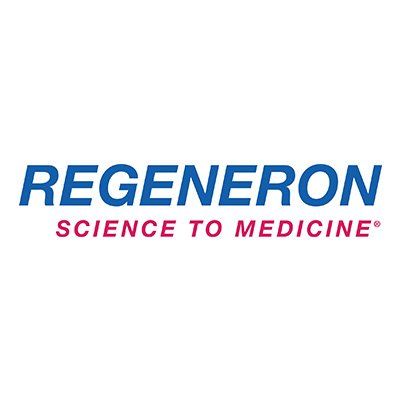Article
Dupilumab Treatment for Eosinophilic Esophagitis Detailed in Phase 3 Data
Author(s):
To date, dupilumab is the only medicine to show clinically meaningful phase 3 results in this patient population, with regulatory fillings planned for 2022.

Today, Regeneron Pharmaceuticals and Sanofi announced that a 300 mg weekly dose of the monoclonal antibody dupilumab (Dupixent) reduced eosinophils and improved the ability to swallow in patients 12 years and older with eosinophilic esophagitis.
The newest data came from the second phase 3 trial of the disease, and reinforced positive results from the first phase 3 trial.
To date, dupilumab is the only medicine to show positive, clinically meaningful phase 3 results in this patient population, and regulatory fillings have been planned for 2022.
During the trial, 80 patients were enrolled into a dupilumab 300 mg weekly treatment group along with 79 patients who were enrolled into the placebo group.
The co-primary endpoints at 24 consisted of assessed patient-reported measures of difficulty swallowing, measured in change from baseline in the Dysphagia Symptom Questionnaire (DSQ), and esophageal inflammation.
During the trial, patients treated with dupilumab experienced a 64% reduction in disease symptoms from baseline compared to 41% for placebo.
Additionally, dupilumab patients experienced a 23.78 point improvement on the 0-84 DSQ scale, compared to a 13.86 point improvement for the placebo group.
Nearly 10 times as many patients in the dupilumab group achieved histological disease remission during the study, with 59% achieving histological disease remission compared to 6% of the placebo group.
In a joint statement made by the 2 companies, the safety results of the trial were said to be generally consistent with the known safety profile of dupilumab in its approved indications. During the 24-week treatment period, adverse events rates were 84% for the dupilumab group and 71% for placebo.
In September 2020, the US Food and Drug Administration (FDA) granted Breakthrough Therapy designation to dupilumab for the treatment of eosinophilic esophagitis in patients 12 years and older.
"Dupixent, which blocks the IL-4 and IL-13 pathways, has now shown compelling results across a spectrum of diseases where there has been great unmet need, said George D. Yancopoulos, M.D., Ph.D., President and Chief Scientific Officer at Regeneron and a principal inventor of Dupixent.
"Our positive Phase 3 data in 6 different diseases help confirm our early hypothesis that IL-4 and IL-13 are the main drivers of allergic or type 2 inflammation and disease, whether manifested in the gastrointestinal tract as eosinophilic esophagitis, the respiratory tract as asthma or nasal polyps, or the skin as atopic dermatitis, chronic spontaneous urticaria, or prurigo nodularis."




